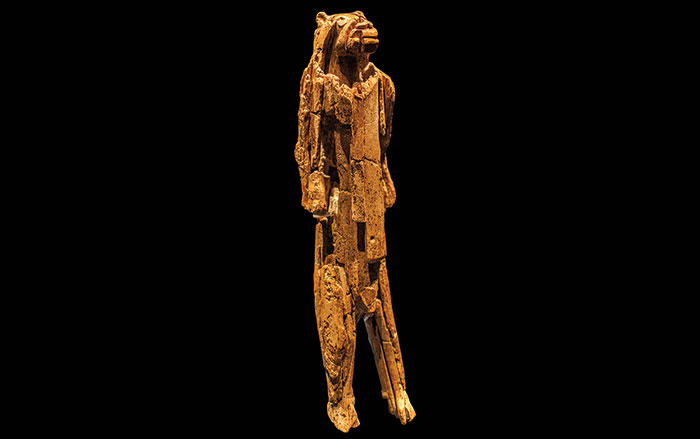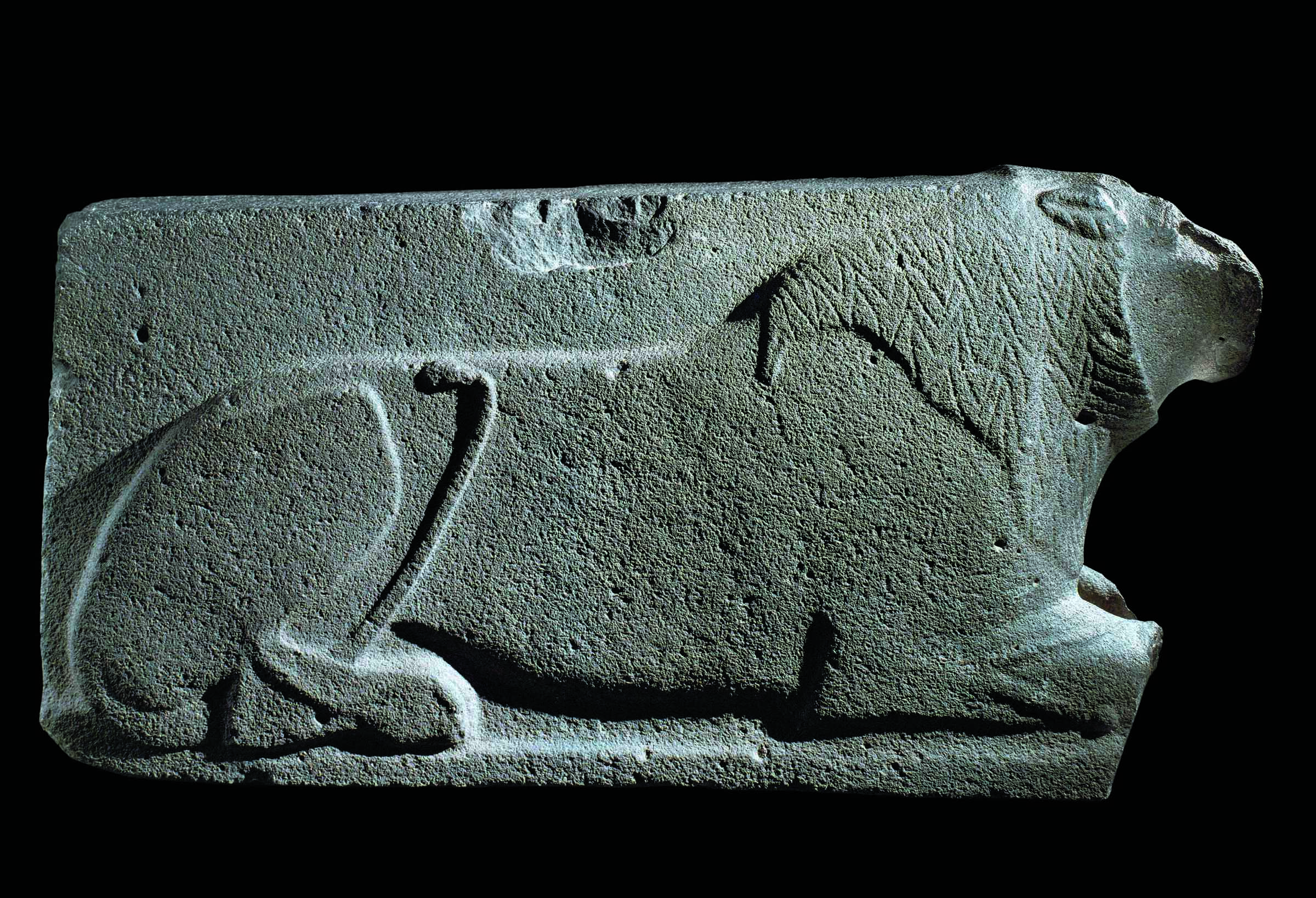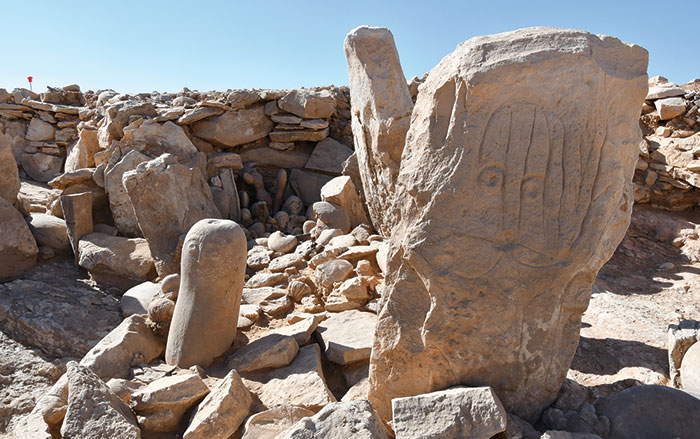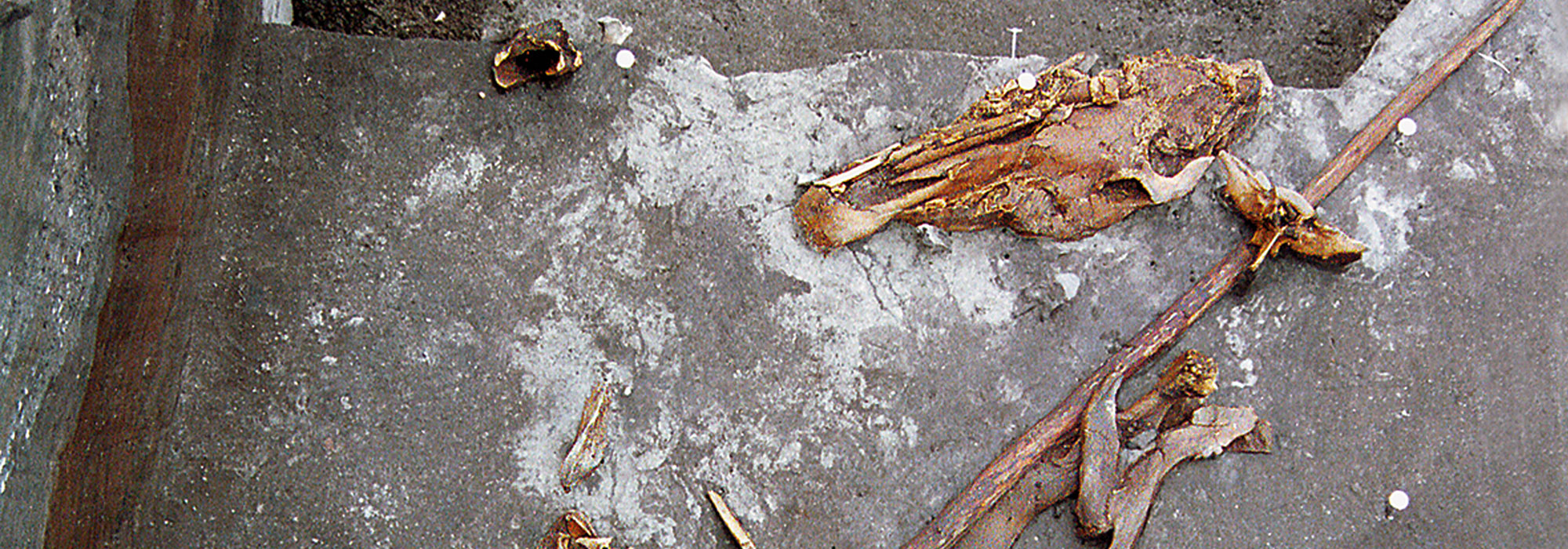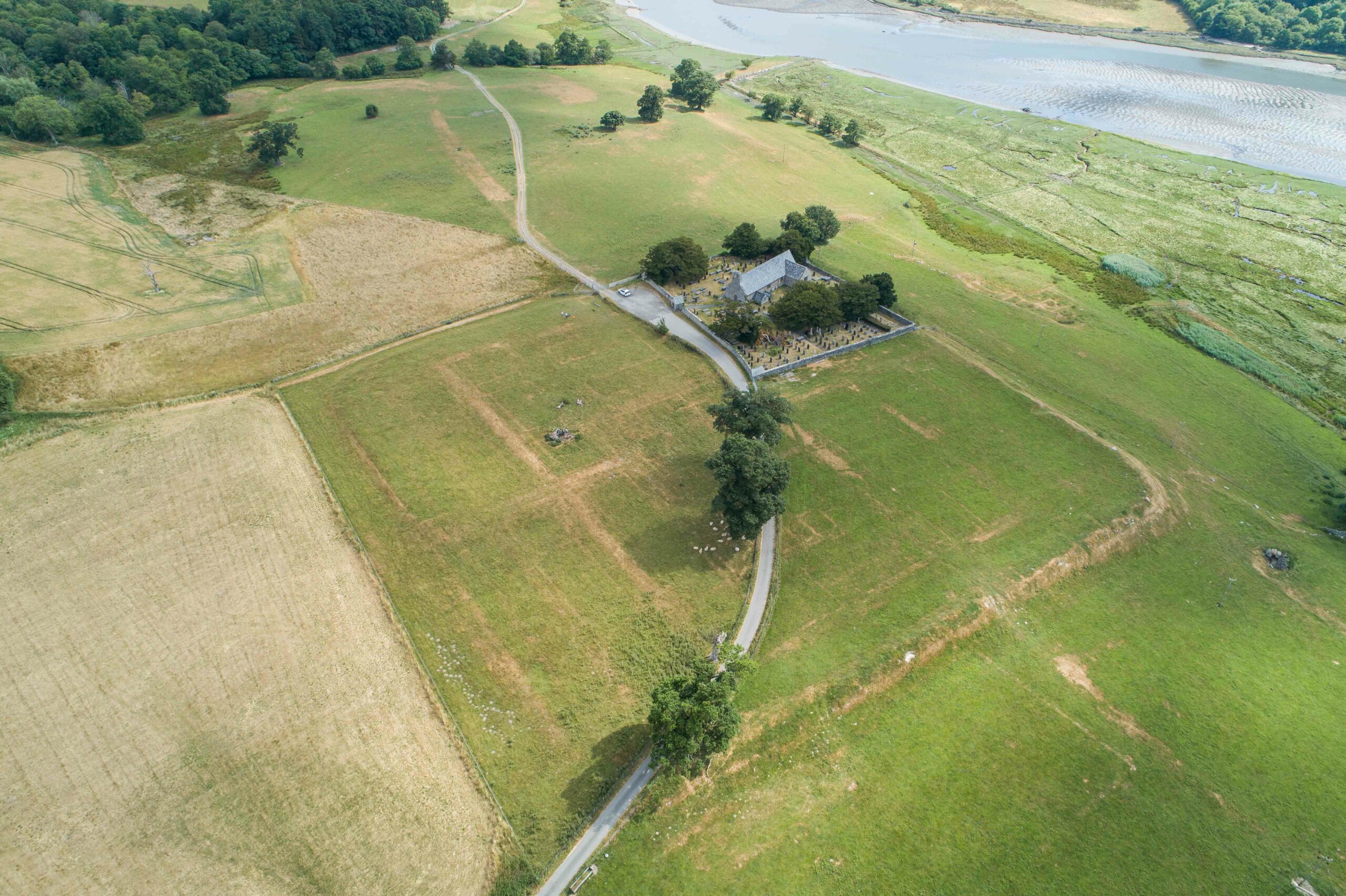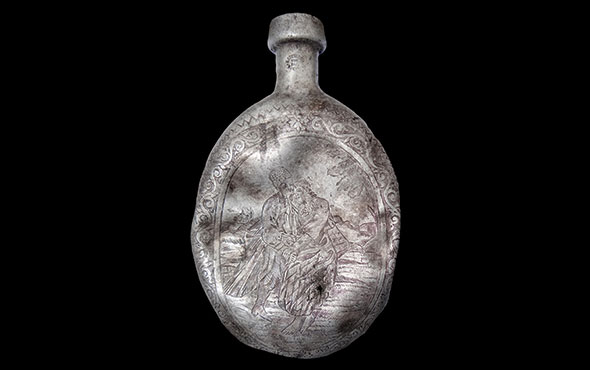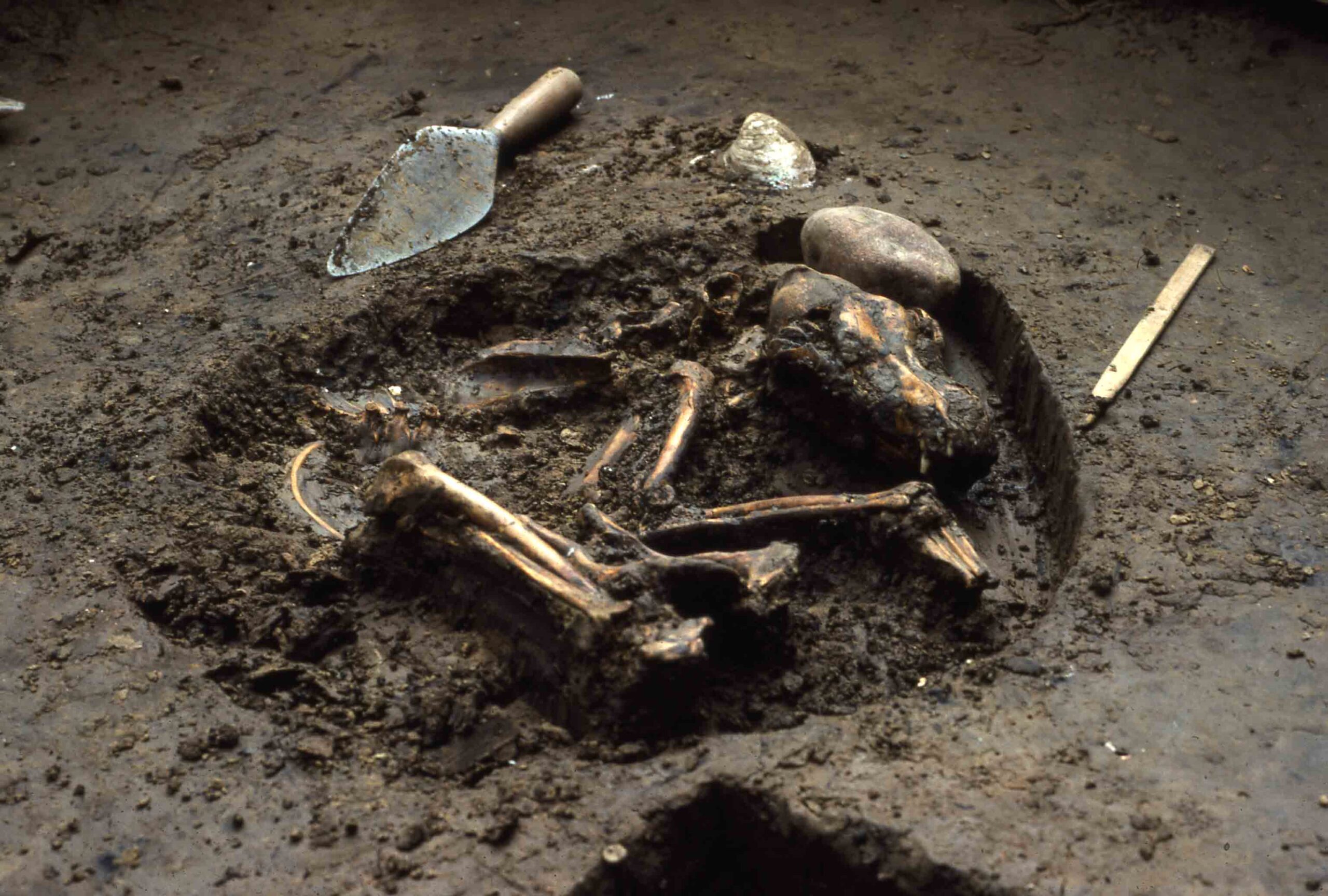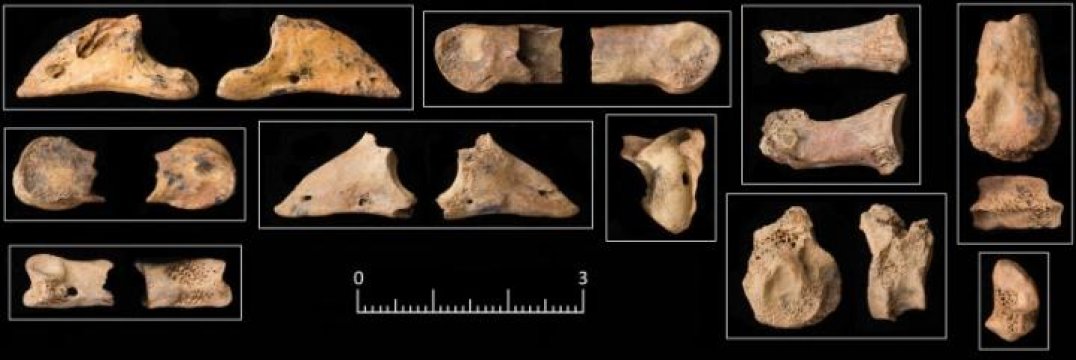
COPENHAGEN, DENMARK—According to a Haaretz report, dogs may have assisted human hunters living some 11,500 years ago in what is now northwest Jordan. While excavating a year-round settlement site known as Shubayqa, a team of researchers led by zooarchaeologist Lisa Yeomans of the University of Copenhagen noticed a dramatic increase in the number of bones of small animals such as hares. The condition of many of the bones indicates they were digested by a carnivore, but they were too large to have been swallowed by humans. The researchers suggest the bones are more likely to have been digested by dogs, who may have helped the human residents of Shubayqa increase the number of small, fast animals they caught by chasing the prey into traps or enclosures. To read about another recent discovery at Shubayqa, go to “The First Bakers.”


